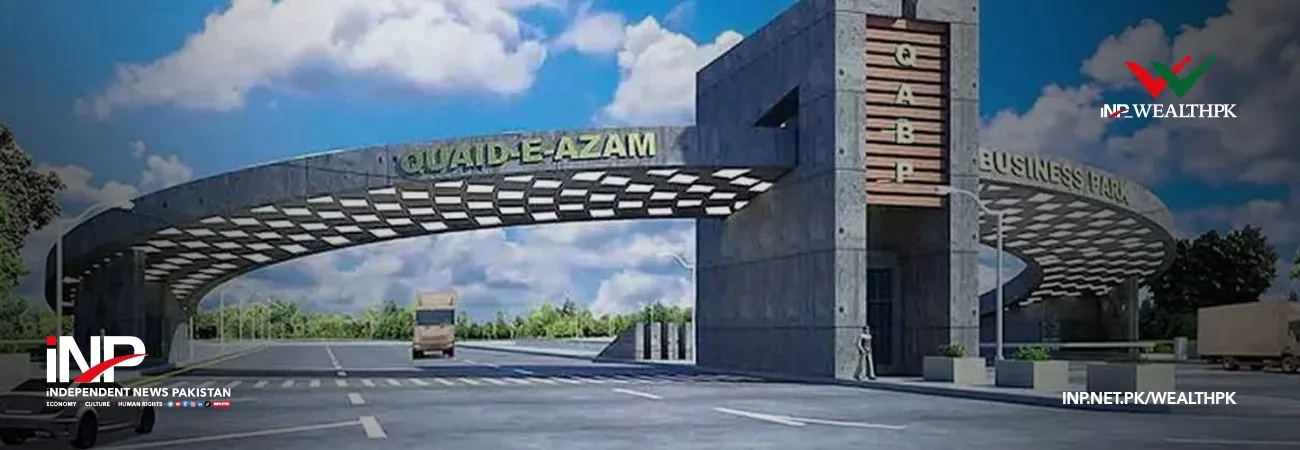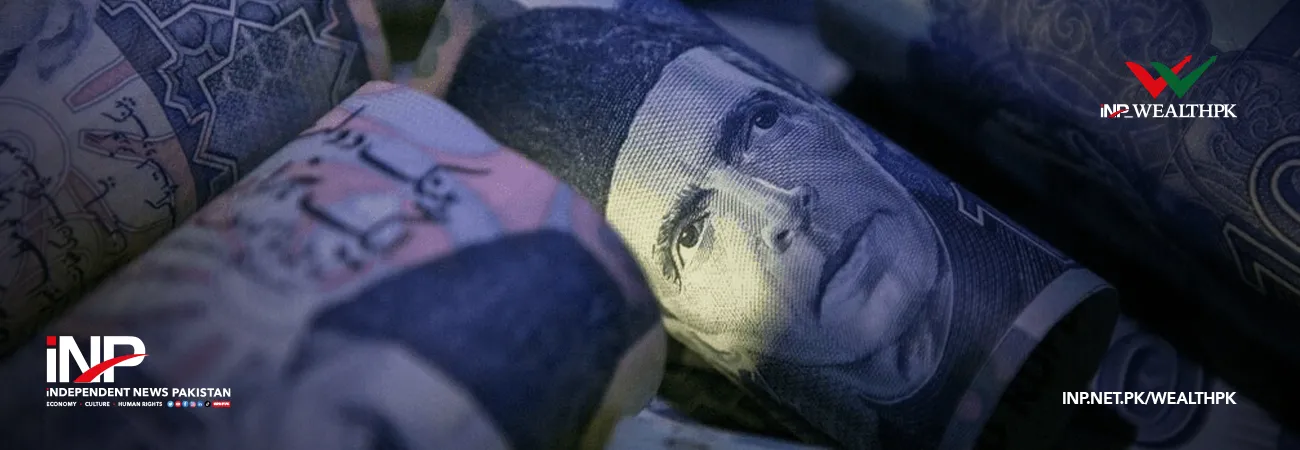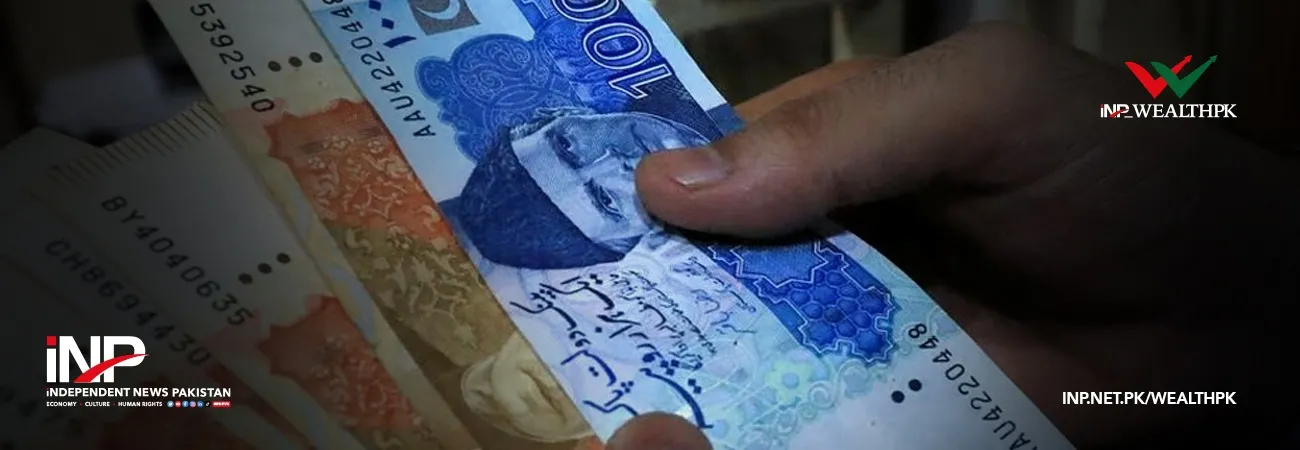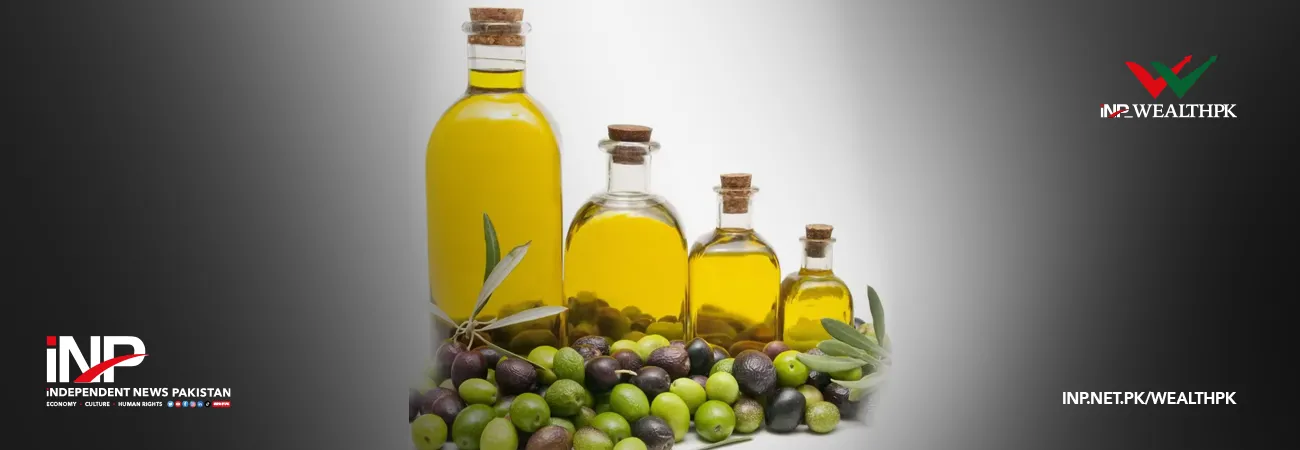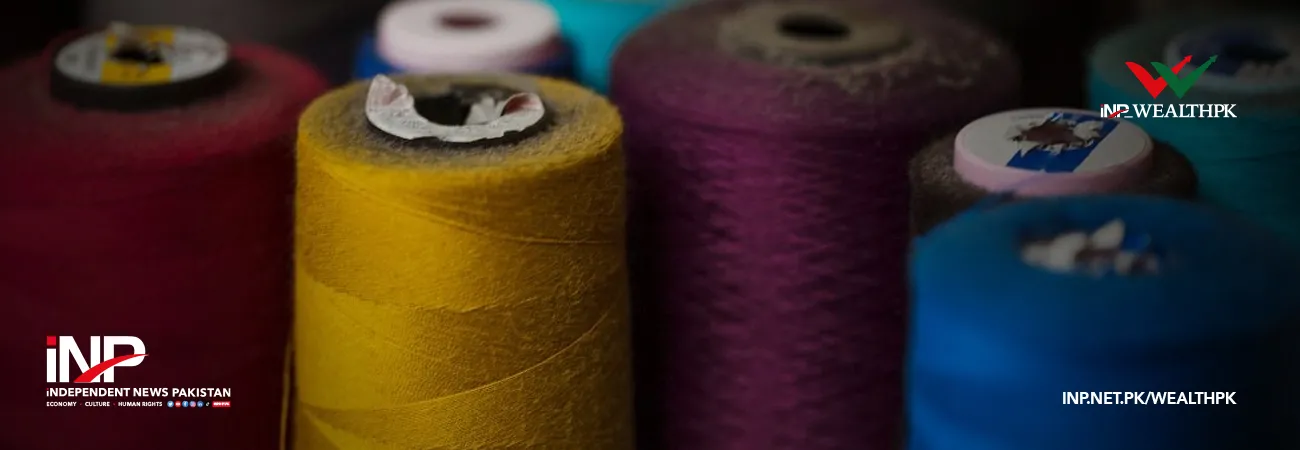INP-WealthPk
Qudsia Bano
Experts have expressed optimism over the improved financial performance of Pakistan’s federal state-owned enterprises (SOEs), as the latest figures indicate a 5.2% year-on-year revenue growth. According to official data, the gross revenues of federal SOEs reached Rs13,524 billion for the 12 months ending June 2024, reflecting an increase

in overall operational efficiency and economic resilience. Analysts view this growth as a positive sign of recovery but also highlight the need for deeper structural reforms to sustain long-term profitability.
The total aggregate profits of SOEs rose to Rs820 billion, marking a 14.61% increase compared to the previous year. Meanwhile, loss-making entities reported reduced aggregate losses, which fell by 14.03% year-on-year to Rs851 billion. These figures include government assistance of Rs782 billion in subsidies and Rs367 billion in grants, which contributed to revenue stability. When factoring out the Public Sector Welfare Funds (PSWF) entities, the net aggregate losses, after offsetting with profit-making entities, stood at Rs521.5 billion. Financial experts believe that while the growth in revenues and reduction in losses are encouraging, sustained improvement will require comprehensive governance reforms.
Dr Irfan Qureshi, an economist and policy analyst at Pakistan Institute of Development Economics (PIDE), noted that the recent revenue growth reflects better financial discipline and improved operational efficiencies in key sectors, including energy, banking, and infrastructure. However, he cautioned that government intervention through subsidies and grants continues to play a significant role in keeping loss-making SOEs afloat. “While the numbers suggest progress, the long-term sustainability of these enterprises depends on reducing reliance on government bailouts and implementing structural reforms,” he said. Experts also point to the impact of enhanced accountability and digitalisation in SOEs, which have contributed to better financial reporting and revenue collection.
Dr Jamil, a former senior economist at the State Bank of Pakistan (SBP), emphasised the role of technology in streamlining operations and curbing inefficiencies. “Digital transformation in SOEs has led to better resource allocation, reduced leakages, and improved financial transparency. If this momentum continues, we can expect stronger financial performance in the coming years,” he said. Despite these positive indicators, certain SOEs continue to struggle with inefficiencies, financial mismanagement, and policy uncertainty.
Jamil stressed that selective privatisation and public-private partnerships could bring much-needed efficiency and competitiveness. “SOEs that continue to drain public resources should either be restructured or privatised. Strategic partnerships with the private sector could unlock new investment opportunities and ensure better service delivery,” he said.
As Pakistan navigates its economic challenges, experts maintain that policy consistency, stronger corporate governance, and financial transparency are essential to maintaining SOEs’ positive momentum. With strategic reforms, the government can further enhance efficiency, reduce fiscal burdens, and strengthen the contribution of state enterprises to national economic growth.
Credit: INP-WealthPk





